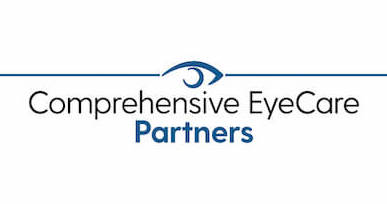How is Glaucoma Detected?
Regular eye examinations by your ophthalmologist are the best way to detect glaucoma. An ophthalmologist is a medical eye doctor. Your ophthalmologist can detect and treat glaucoma.
During a complete and painless examination, your ophthalmologist will:
- Measure your intraocular pressure (tonometry)
- Inspect the drainage angle of your eye (gonioscopy)
- Evaluate any optic nerve damage (ophthalmoscopy)
- Test the visual field of each eye (perimetry)
Some of these tests may not be necessary for every person. You may need to repeat these tests on a regular basis, to determine if glaucoma damage is increasing over time.
How is glaucoma treated?
As a rule, damage caused by glaucoma cannot be reversed. Eye drops, pills, laser, and surgical operations are used to prevent or slow further damage from occurring. With any type of glaucoma, periodic examinations are very important to prevent vision loss. Because glaucoma can worsen without your being aware of it, your treatment may need to be changed over time.
Medicines

Glaucoma is usually controlled with eye drops taken several times a day, sometimes in combination with pills. These medications decrease eye pressure, either by slowing the production of aqueous fluid within the eye or by improving the flow leaving the drainage angle. For these medications to work, you must take them regularly and continuously. It is also important to tell all of your doctors about the eye medications you are using. Glaucoma medications can have side effects. You should notify your ophthalmologist immediately if you think you may be experiencing side effects.
Some eye drops may cause:
- A stinging sensation
- Red eyes
- Blurred vision
- Headaches
- Changes in pulse, heartbeat or breathing
Pills sometimes cause:
- Tingling of fingers and toes
- Drowsiness
- Loss of appetite
- Bowel irregularities
- Kidney stones
- Anemia or easy bleeding
Laser Surgery
Laser surgery treatments may be effective for different types of glaucoma. The laser is usually used in one of two ways. In open-angle glaucoma, the drain itself is treated. The laser is used to enlarge the drain (trabeculoplasty) to help control eye pressure. In angle-closure glaucoma, the laser creates a hole in the iris (iridotomy) to improve the flow of aqueous fluid to the drain.
Operative Surgery
When operative surgery is needed to control glaucoma, your ophthalmologist uses miniature instruments to create a new drainage channel for the aqueous fluid to leave the eye. The new channel helps to lower the pressure. Though serious complications of modern glaucoma surgery are rare, they can occur, as with any surgery. Surgery is recommended only if your ophthalmologist feels that it is safer to operate than to allow optic nerve damage to continue.
What is your part in treatment?
Treatment for glaucoma requires a “team” made up of both you and your doctor. Your ophthalmologist can prescribe treatment for glaucoma, but only you can make sure you take your eye drops or pills. Never stop taking or change your medications without first consulting your ophthalmologist. Frequent eye examinations and tests are critical to monitor your eyes for any changes. Remember, it is your vision, and you must do your part to maintain it.
Loss of vision can be prevented.
Regular medical eye exams may help prevent unnecessary vision loss. You should have an examination:
Every 3 to 5 years
- If you are aged 39 and over.
Every I to 2 years
- If a family member has glaucoma;
- If you are of African ancestry;
- If you have had a serious eye injury in the past;
- If you are taking steroid medications


